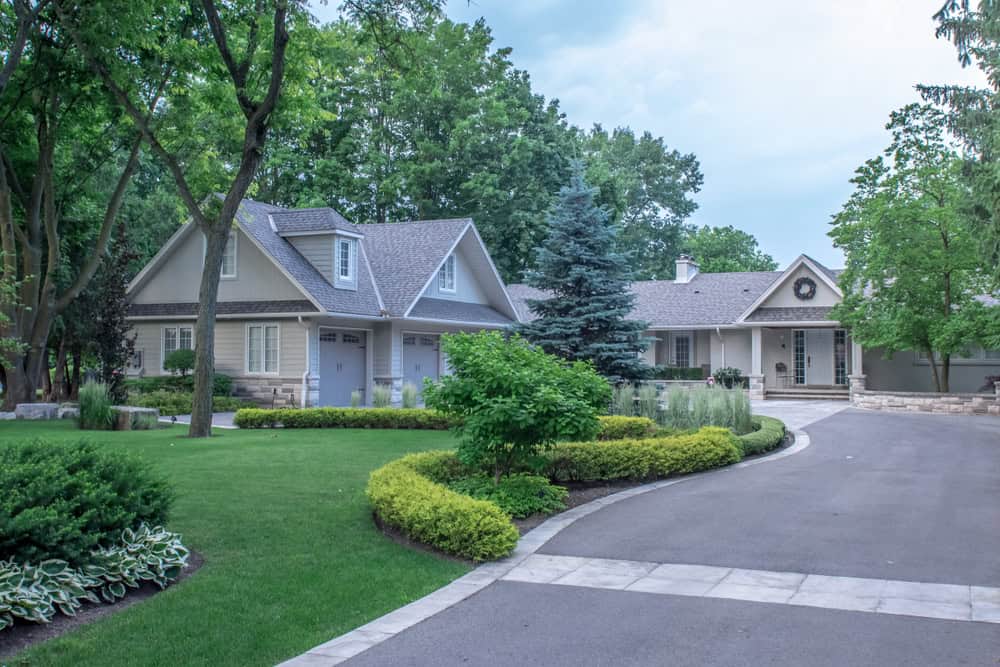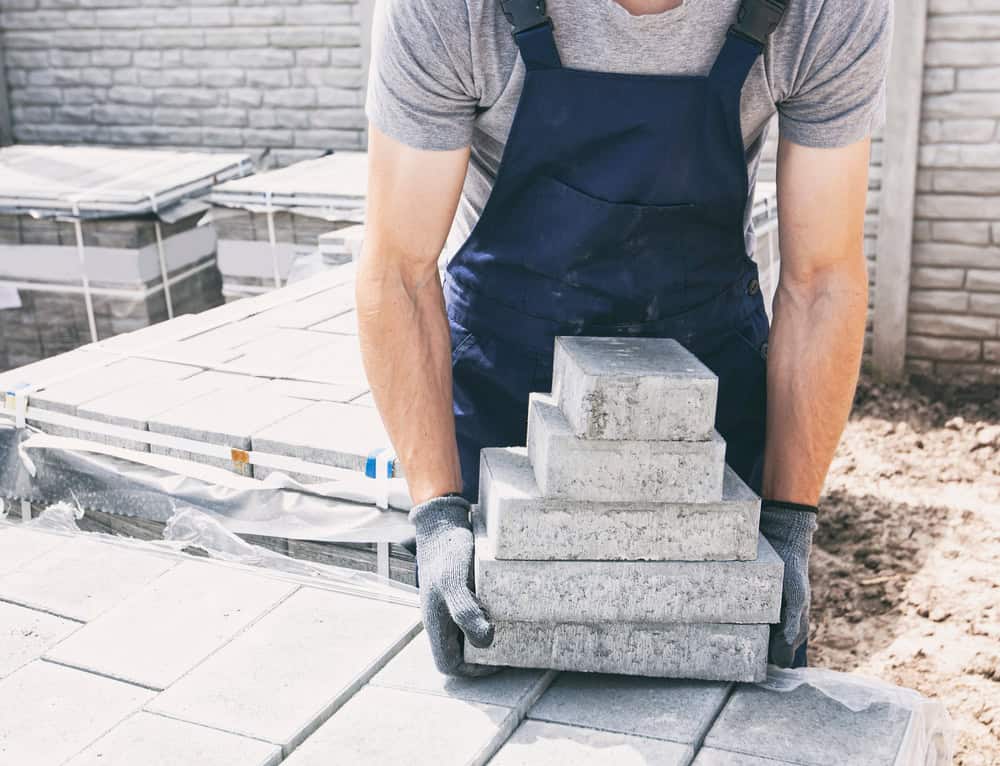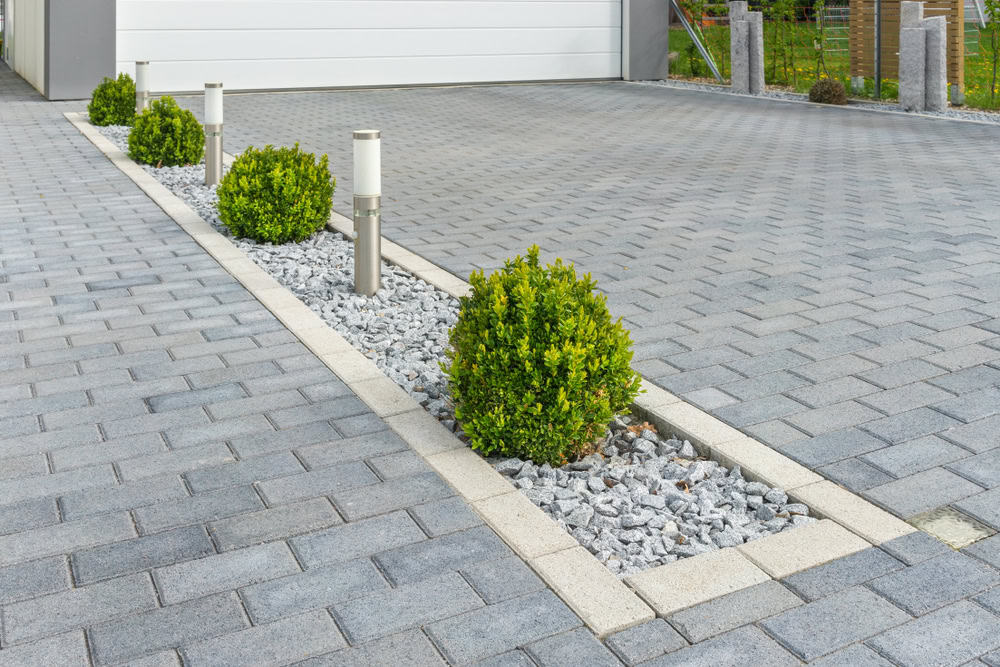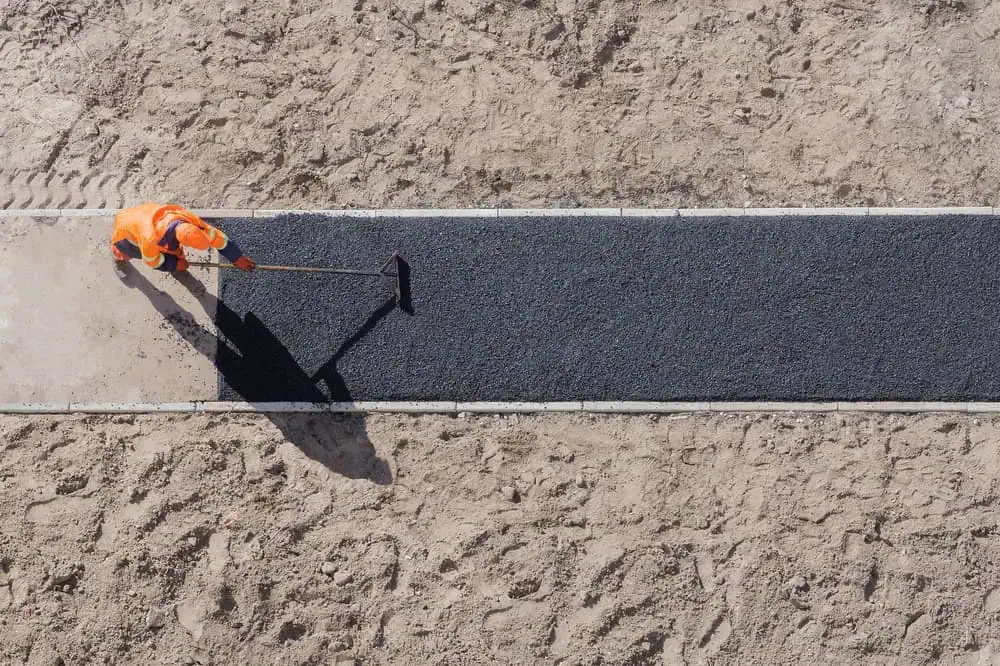Professional paver installation that handles New England weather and looks great for decades.


Your driveway stops cracking every winter. Your patio becomes the place everyone wants to gather. Your walkways stay level and safe, even after years of freeze-thaw cycles.
Quality paver installation means you’re done worrying about surface repairs. While your neighbors deal with crumbling concrete and pothole patches, your pavers handle whatever Massachusetts weather throws at them. Individual pavers can be replaced if needed, but with proper installation, that rarely happens.
You get outdoor spaces that add real value to your property. Not just the kind real estate agents talk about, but the kind you actually use and enjoy.
We’ve been handling paver installations throughout Norwood and surrounding areas for years. We understand the soil conditions, drainage challenges, and weather patterns that affect every paving project in this area.
We’re not the crew that shows up, throws down some pavers, and disappears. We do the base preparation right the first time. We source quality materials from established suppliers. We communicate clearly about timelines and show up when we say we will.
Local contractors who actually live and work in this community tend to stick around when you need us.

First, we excavate to the proper depth and grade for drainage. This is where most problems start or get prevented. We’re not rushing through this step because everything else depends on it.
Next comes the base material – compacted gravel and sand that creates a stable foundation. We use mechanical compaction equipment, not just hand tamping. The base gets checked for proper slope and levelness before any pavers go down.
Then we install the pavers according to your chosen pattern, maintaining consistent spacing and alignment. Edge restraints get installed to prevent spreading over time. Finally, we sweep polymeric sand into the joints and compact everything one final time. You end up with a surface that’s ready to handle traffic and weather from day one.

Ready to get started?
Every paver installation includes proper excavation, base preparation, and professional-grade materials. We handle permits if needed and work around your schedule as much as possible.
You get options for different paver styles, colors, and patterns that work with your home’s architecture. We source materials from suppliers we’ve worked with for years, so you’re getting consistent quality and availability for future repairs if needed.
The installation includes proper drainage grading, edge restraints, and joint sand application. We clean up the work area daily and do a final cleanup when the project is complete. Most installations come with a warranty on our workmanship because we’re confident in how we do the work.

Local Resources